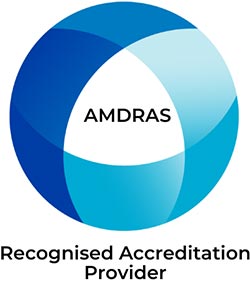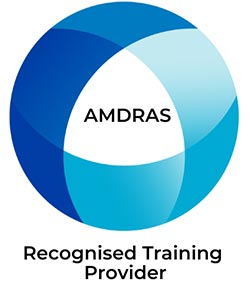Welcome to the
Australian Mediation Association
The Australian Mediation Association (AMA), trains and accredits mediators and conflict resolution practitioners who provide private mediation and consulting services, and education in mediation, communication and negotiation.
We help professionals build the capacity to deal with disputes through planning and to resolve disputes through mediation.
Alternative Dispute Resolution (ADR) has become a widely used set of processes that continues to grow as a means of resolving even the most complex, high stakes cases.
We’re focused on developing highly professional, diplomatic and responsive professionals who achieve successful outcomes for all parties involved.
Mediation is a process by which a neutral third party called a mediator helps people in conflict negotiate a mutually acceptable agreement. The parties to the mediation control the outcome.
A mediator facilitates communication, promotes understanding, assists the parties to identify their needs and interests, and uses creative problem solving techniques to enable the parties to reach their own agreement.
Unlike court or arbitration, no one imposes a solution on a party. If all of the parties do not agree to the result, the dispute remains unresolved.
Mediation gives parties much more control over the way their dispute or difference is dealt with and over the outcome.
If negotiations have so far failed, mediation provides an alternative to pursuing litigation or other more formal processes. The scope for solutions is usually greater than the remedies available in courts and tribunals, or even in prolonged negotiation.
- Affordable – Mediation costs considerably less than litigation.
- Efficient – The mediation process can usually settle a dispute within a few sessions. Most mediation’s conclude or settle within thirty days from initiating the process.
- Effective – Mediation statistically settles over 85% of initiated disputes.
- Informal -The process of Mediation is flexible and informal. It is not necessary to have an attorney represent you during the mediation process. However, some individuals feel more comfortable with attorney representation.
- Empowering – Disputing parties are directly engaged in the negotiation of their settlement. Parties also enhance the likelihood of continuing their relationships by utilizing mediation.
- Confidential – Information disclosed during mediation may not be divulged as evidence in any trial or judicial proceeding, except so far as required by law or with the consent of the parties.
The process of mediation is a guided negotiation, helping the parties to communicate with each other, exploring the issues which are of real importance to them, which often differ from their ‘rights’.
The parties are encouraged to find ways to address their present and future needs, rather than dwelling upon who may have been right or wrong in the past.
Parties in mediation avoid the uncertainty and dissatisfaction often experienced in court or at arbitration where they have little choice but to accept the judgment made, which none of them may be happy with.
Everything said at the mediation is entirely confidential to the parties (unless specifically agreed otherwise) – unlike the potential publicity of court proceedings.
The mediation process is ‘without prejudice‘, so that on the rare occasion that a settlement is not reached litigation may continue without the parties needing to worry about having ‘given away’ anything that the other could use in court.
Mediation is voluntary; any party may withdraw at any time.
The Mediation is arranged at a venue convenient to the parties, who each have their own room as well as a separate room for joint meetings. The Mediator listens to everyone’s point of view, talks to the parties privately and together, guiding them towards a settlement.
Nothing is binding upon any party until an agreed settlement is reached. Once a settlement has been drawn up and signed it becomes an enforceable contract between the parties.
There are countless benefits of mediation. Get in touch now to discuss your case, and the ways you can benefit by resolving it through mediation.
A mediator is an impartial third party who facilitates communication between or among two or more parties in dispute.
The mediator does not take sides or make decisions for the parties. The mediator helps to create a safe environment where the parties can discuss issues in an open and respectful manner.
The mediator helps the parties to explore and understand the issues in dispute, develop alternatives, make informed decisions and work toward reaching a practical and mutually-satisfying outcome.
Virtually any commercial and civil dispute is appropriate for mediation including:
Manufacturer – supplier disputes, commercial lease, franchise, workplace conflict, wrongful dismissal, professional negligence, construction, contract, estates, corporate commercial, environmental, real property, class actions, mass tort, business, civil, landlord/tenant, real estate, employment, Insurance, personal injury and many others.
If you’re ready to get started you can browse Mediators in your area here.
Contact details are listed, and you can also browse by types of mediation offered. If in doubt or you have questions, please get in touch.



